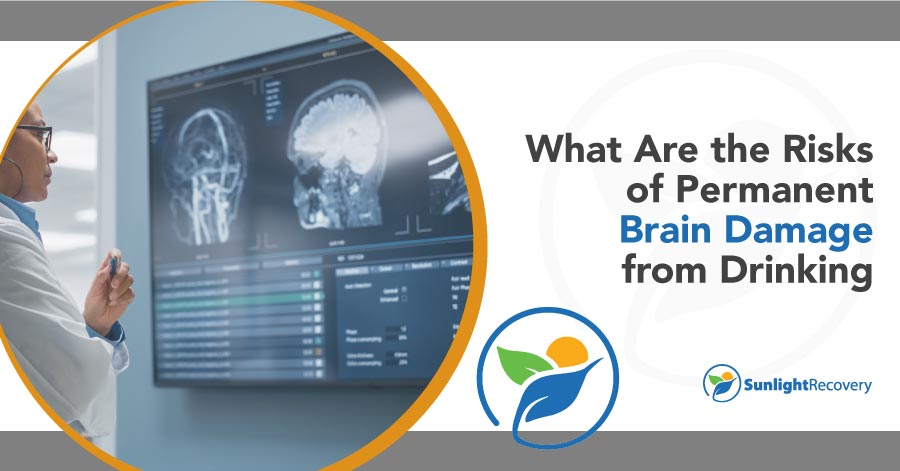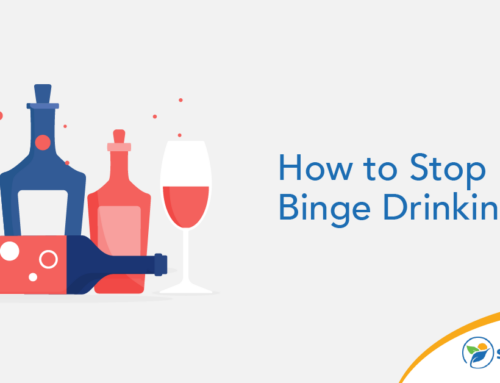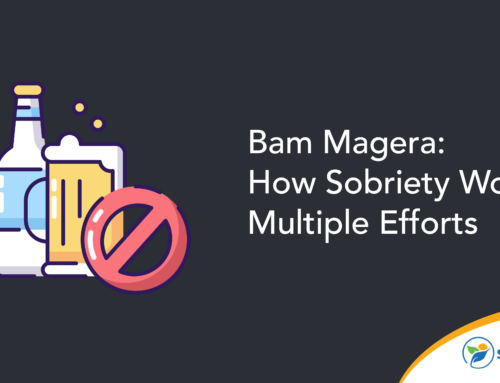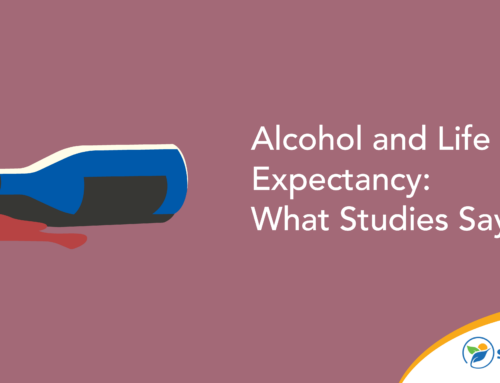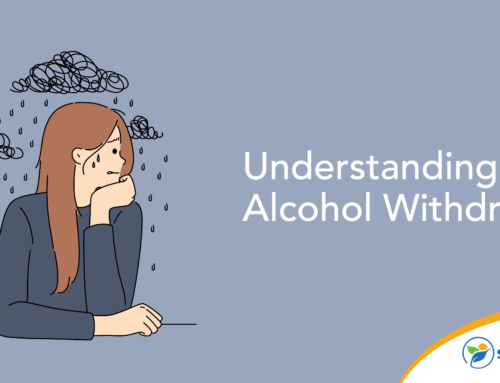Does alcohol kill brain cells? For years this has been a bit of folk wisdom. Find out the truth about what alcohol abuse does to the human brain.
Does drinking alcohol kill brain cells? It’s something most people heard from their parents and other adults growing up. This folksy warning may have struck you as a bit oversimplified, as if the adults in your life were trying to warn you about a complex issue in the simplest terms possible. However, it turns out to be broadly true.
The issue goes a bit further than that, with a wide range of brain- and body-related issues that can be caused or made worse by alcohol use. Fortunately, not everything alcohol does to the human body is irreversible, and there’s hope for people who fear they may have caused permanent brain damage with heavy drinking.
How Alcohol Affects the Brain
Alcohol is the world’s most widely used drug. In the United States alone, more than 85% of American adults have consumed alcohol at least once, 69.5% in the last year and nearly 55% in the last month. Obviously, not all of these people are problem drinkers, and they probably don’t have alcohol-related brain damage. It generally takes time and repeated exposure to alcohol to produce noticeable effects from the damage it can cause to the central nervous system.
When you drink alcohol, you’re consuming a chemical that easily passes through the gut lining and into the bloodstream. Within seconds, the very small molecules of ethyl alcohol circulate into the brain through the large blood vessels that supply it. The blood-brain barrier protects the brain from environmental hazards, keeping out large molecules like most organic toxins, such as snake venom. Alcohol is much smaller than these, however, and it passes through the barrier easily.
Once in your brain, alcohol suppresses the motor cortex and makes it harder to control your body. Suppression of the left temporal lobe may cause slurred or labored speech, while suppression of the neocortex and prefrontal cortex causes lowered inhibitions and temporary memory loss. Heavy consumption can affect the hippocampus, deep inside the brain, which produces the “blackout” effect of amnesia and may increase aggression and other basal emotional states.
At high concentrations, alcohol can cause unconsciousness and even death. Excessive alcohol consumption is a leading cause of death in the United States, where the CDC estimates it’s responsible for 380 excess deaths every day, with each victim losing an average of 26 years of life.
Alcohol Brain Damage
While most alcohol-associated deaths are caused by drunk driving, liver damage, cancer and other effects of long-term heavy use, brain damage starts as soon as you take your first drink. The yeasts that produce alcohol in a fermentation vat have evolved the chemical as a weapon to kill bacteria. The cells of the human body are in many ways similar to bacteria and die off when exposed to alcohol as if they were single-celled organisms themselves. This is how alcohol can damage just about every system of the body at once and on contact, regardless of the amount consumed.
Loss of brain cells starts as soon as alcohol arrives in the brain’s blood supply. The human brain has 86 billion neurons and 85 billion nonneuronal cells, which means most people have a few to spare. Some of these cells can regenerate after dying, while others can’t. However, even the replaceable cells have to grow back, during which time the brain has to reroute certain functions along different pathways. Existing brain cells adjacent to the damaged area have been observed branching out to form new connections and make up for the missing neighbor that died after alcohol exposure.
Does Alcohol Kill Brain Cells That Can’t Be Repaired?
Over time, and with repeated heavy exposure to alcohol, the brain can lose a lot of cells. This cell death, combined with poor circulation to the brain caused by cardiovascular damage, can cause the brain to shrink in overall size and mass. This can continue long after the last drink is finished. When the brain senses it’s not getting enough blood to survive, it typically responds by letting a few less-than-essential cells die off. This reduces the brain’s demand for blood and rebalances it to what your alcohol-damaged heart and arteries can supply. The shrinkage is generally irreversible, especially since it most often happens in adults over age 35, when the brain becomes less capable of repairing itself.
Other conditions common to heavy drinkers include dementia, sometimes related to the brain damage caused by a lifetime of alcohol abuse, and Korsakoff syndrome, which is particularly associated with alcoholism. Another common cause of brain damage among problem drinkers is malnutrition from poor diet and lack of vital nutrients.
How to Prevent Permanent Brain Damage from Drinking
Can alcohol cause brain damage? Yes, it certainly can and does. Even a casual drinker effectively bargains that a few brain cells can go in exchange for a night out, which usually doesn’t cause noticeable or long-lasting problems. But between that light drinker and a person with alcohol abuse disorder who’s showing alcohol-related neurological disorders is just a spectrum of severity, not a hard or clean break. Every drink you take increases the loss of brain cells, and there may not be a safe limit for the damage alcohol does to the human brain.
If you drink, there are less dangerous ways to do it. Small amounts of alcohol consumed infrequently aren’t likely to cause a serious neurological issue. Binge drinking is more dangerous since it puts large amounts of alcohol and its toxic breakdown products into your bloodstream at once. Chronic heavy use is also dangerous because it constantly wears down the brain’s defenses, and your brain has to continually repair the damage. Eventually, symptoms of alcohol brain damage may start to show and might never go away.
Don’t Put Off Getting the Help You Need
If you or someone you care for drinks and you’re worried that it is or might be a problem, we’re here to help. Call Sunlight Recovery today at (888) 402-3647 and speak with our team of compassionate counselors about how to start your recovery.


